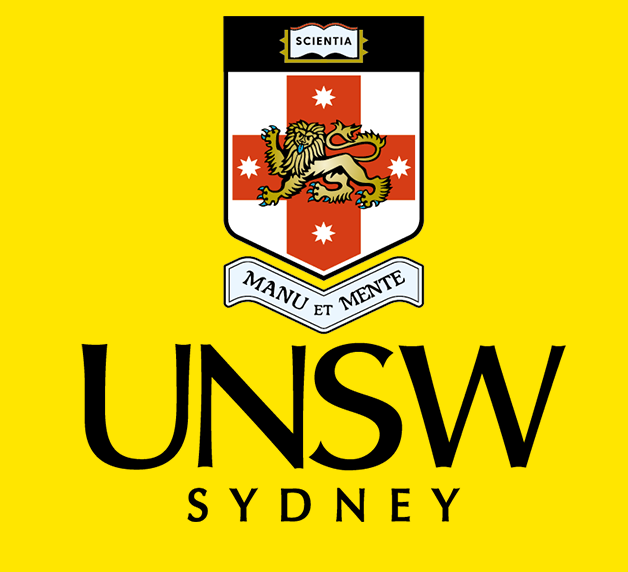Systems and control is one of many unique engineering specialisations offered within the Master of Engineering Science to deepen your knowledge of your chosen engineering discipline. Overlapping with Electrical and Mechanical Engineering, with the growth of automated systems, systems and control engineers are increasingly in demand.
Exciting and practical, this degree features complex, open-ended enquiry-based projects as well as many other opportunities to help you become a leader in your field. As a Control Systems Engineer your work will include designing, developing and implementing solutions used to control dynamic systems. With these systems everchanging, the role of the Control Systems Engineer is to offer consistency in these systems to achieve a certain outcome.
If you have a recognised four-year engineering degree this degree is the perfect next step to sharpen your expertise and take your career in the direction you'd like. Designed for students interested in developing job prospects through specialisation, retraining or cross-training - you'll have the flexibility to specialise in Systems and Control or broaden your knowledge in other areas of engineering.
Systems and control is a wide and varied area of engineering. Systems and control engineers work in the development of anti-lock braking systems in cars, simple household washing machines and high-performance F-16 fighter aircraft. This degree will offer you the specialised knowledge to use your skills across a broad range of areas, creating more predictable and controlled solutions to dynamic systems and the human problems they arose from.
